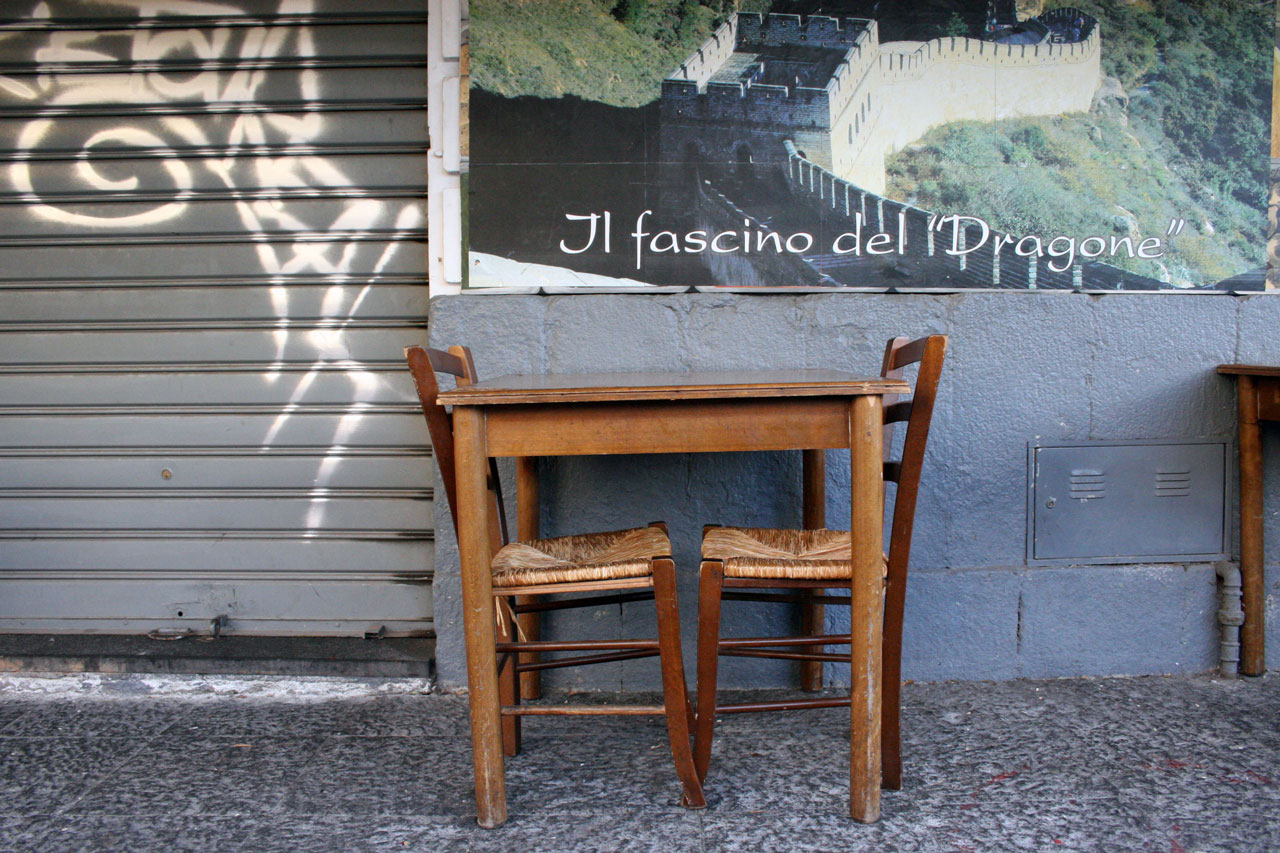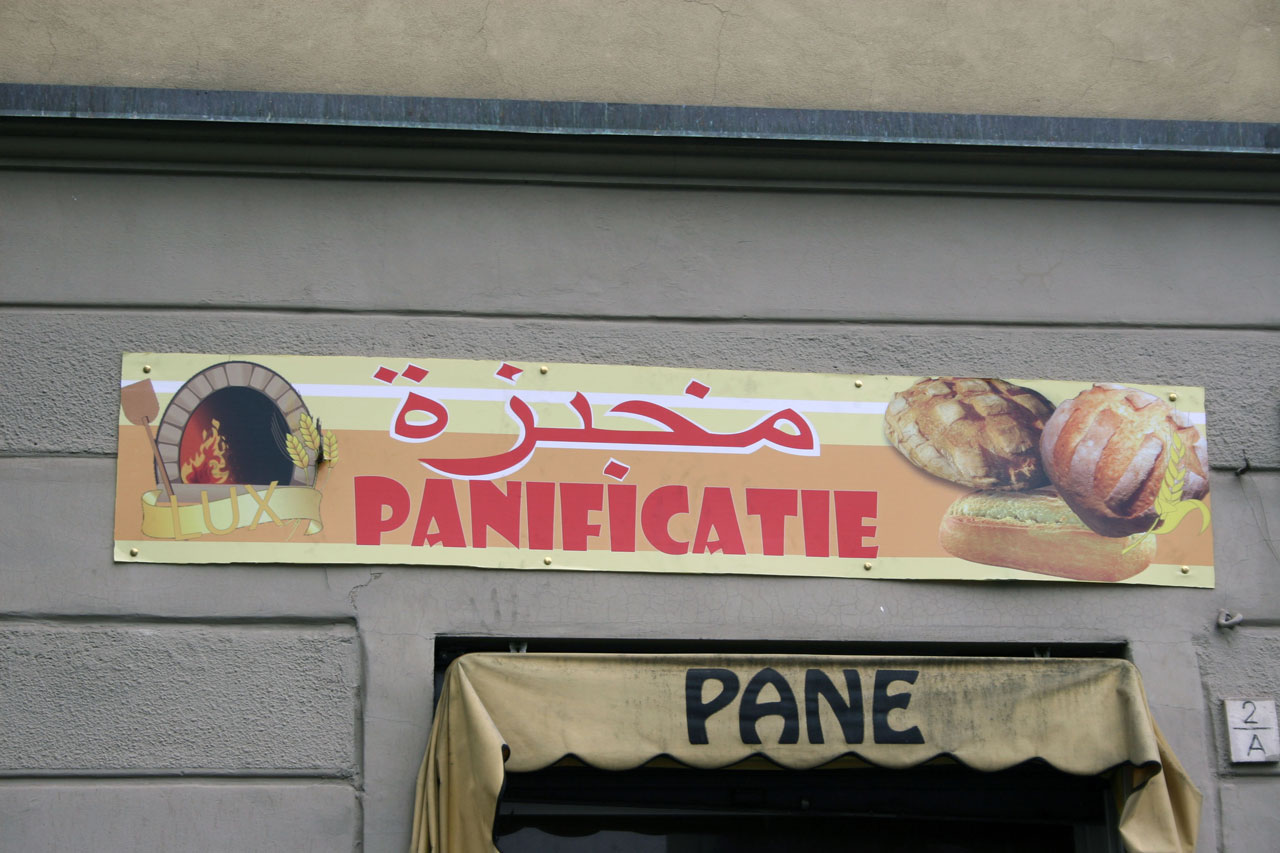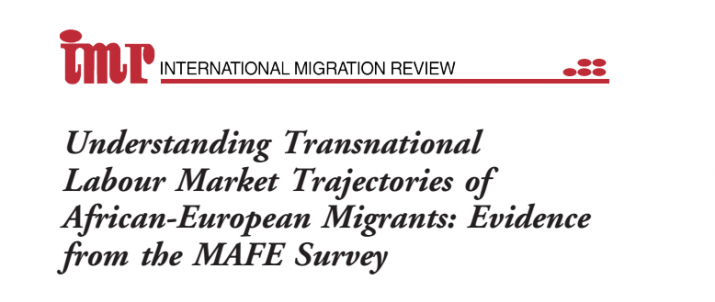È stato pubblicato su IMR (International Migration Review) l’articolo di Eleonora Castagnone, Tiziana Nazio,Laura Bartolini e Bruno Schoumaker, dal titolo Understanding Transnational Labour Market Trajectories of African-European Migrants: Evidence from the MAFE Survey.
Castagnone, E., Nazio, T., Bartolini, L. and Schoumaker, B. (2014), Understanding Transnational Labour Market Trajectories of African-European Migrants: Evidence from the MAFE Survey. International Migration Review. doi: 10.1111/imre.12152Abstract
Labor market trajectories of migrants are seldom explored in a longitudinal and comparative perspective. However, a longitudinal approach is crucial for a better understanding of migrants’ longterm occupational attainments, while comparative research is useful to disentangle specificities and general processes across destination and origin countries. This article explores the labor market outcomes of migrants from Senegal, Democratic Republic of Congo,and Ghana in different European countries, using the MAFE data to compare their occupational attainments before migration, upon arrival and during the first 10 years of stay in Europe in a longitudinal perspective. Results highlight different pattern of migrants’ selection across destinations, influenced by prior employment status and education, gender and colonial legacies, and which impact subsequent trajectories into the European labor markets. Our analyses also show a severe worsening of migrants’ occupational status in Europe compared to their situation prior to migration, which is the resultant of a dramatic downgrading upon entry and of a slow occupational recovering during the first 10 years of stay in Europe. Results suggest that the educational–occupational mismatch of skilled workers might represent a long-lasting “price” for migrants, unless (further) educational credentials are achieved in destination countries.








